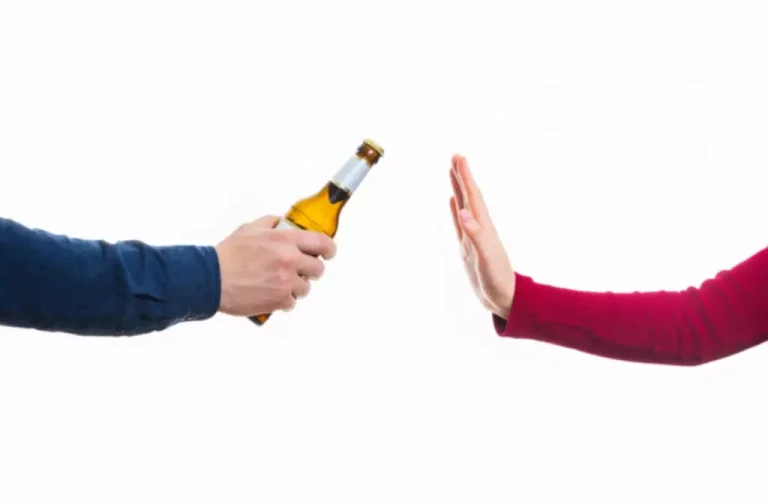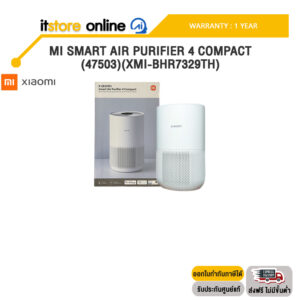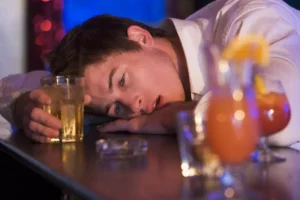
The number of patients with pervasive craving at baseline (70.8%) steady decreased to 14.9% by week 4. About 65% of the patients were either abstinent or controlled users by 4 weeks. Residential treatment programs typically include licensed alcohol and drug counselors, social workers, nurses, doctors, and others with expertise and experience in treating alcohol use disorder. There are many different options and resources that can help you learn how to quit drinking. Just remember that there is no single approach that works for everyone.
Learn how to say, “No.”
- You can also benefit from the shared experiences of the group members and learn what others have done to stay sober.
- These changes can lead to tolerance, or a need to drink more in order to feel the same effects.
- For example, you may crave alcohol when you’re in a certain bar that you used to drink in, when you’re at a party, or when you’re on holiday.
- Whether you’re sober curious, know for sure you’re ready to quit, or fall somewhere in between, Dr. Streem shares advice for how to stop drinking.
- It can be used with counseling or therapy and is not meant as a substitute for professional help.
However, just because someone experiences cravings does not mean they have AUD. Incentive salience is when the motivation for a reward is driven by a person’s physiological state, learned cues, and reward associations. Alcohol increases activity in brain areas related to reward processing, which produces rewarding or pleasurable effects. Find out how online treatment may be able to help you quit or cut back, 100 percent from home.
- It’s important to create a daily routine that includes both self-care and fun activities.
- If certain environments, scenarios and places tempt you to drink, the simplest and most effective approach may be to avoid them, at least temporarily.
- If you learn coping strategies to use when you’re feeling stressed, upset, anxious or angry, this means that you’re less likely to reach for an alcoholic drink when you’re feeling this way.
- Over time, alcohol use begins to affect the neurotransmitters, or chemical messengers, in your brain.
- It could take some time and effort to find a strategy that helps you navigate them effectively, but you do have plenty of options for support.
How much alcohol is okay to drink?
- Treatment for alcohol use disorder can vary, depending on your needs.
- These can include activities like mindfulness, meditation or yoga.
- Before you quit drinking, it is essential to discuss your plans with a healthcare practitioner.
- In other words, what works for a friend won’t always work for you.
- Furthermore, eating regularly and maintaining a balanced diet can keep your blood sugar levels stable, which may lessen alcohol cravings.
Understanding these cues https://ecosoberhouse.com/article/how-long-is-drug-rehab/ can help a person predict them, prepare for them, and act against many of them. Calling or texting a friend, family member, or another trusted individual can be a form of distraction and support. Consuming alcohol can produce chemical imbalances within certain neural circuits in the brain. Quitting alcohol completely can be a challenge, but there are more ways to do it than ever before.
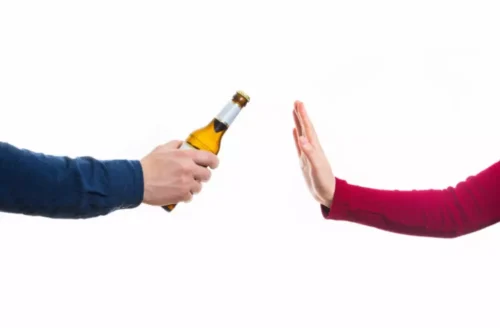
How to Stop Alcohol Cravings Naturally
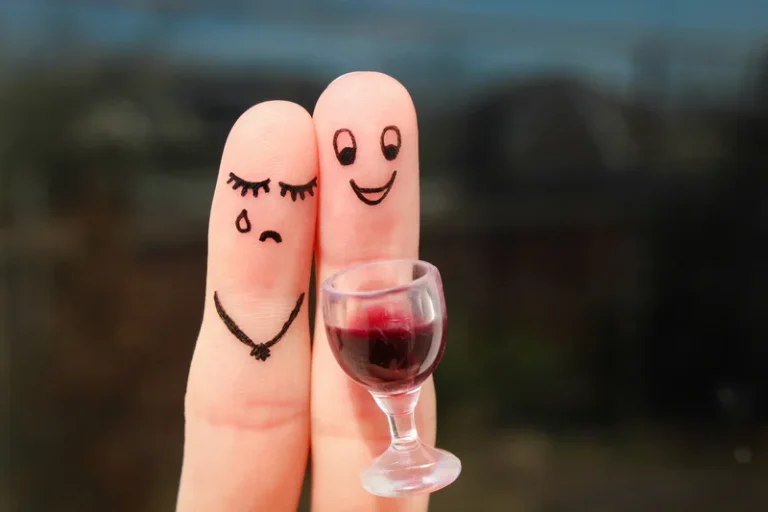
Prolonged alcohol use causes physical changes in the brain that intensify the desire for alcohol. When the brain becomes accustomed to alcohol’s effects on neurotransmitters—chemical messengers like dopamine and GABA—it needs more of it to get the same effect. This forms part of the cycle of alcohol addiction and contributes to the intensity of cravings. If you’ve become dependent on alcohol, cutting it out of your life may produce withdrawal symptoms, such as a rapid heartbeat, high blood pressure, sweating and shaking.
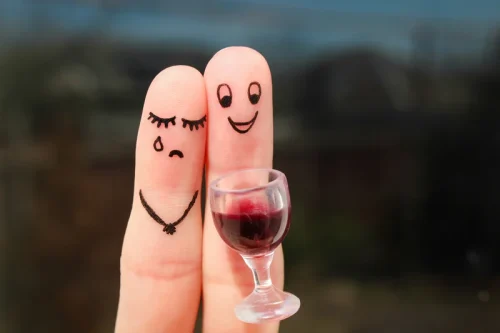
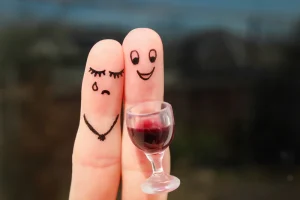
Participation in one or more of these levels of care can help an individual access the care they need, allowing them the opportunity to develop a strong foundation for recovery. During that time, they can begin learning about relapse prevention strategies, such as how to manage alcohol cravings, and then expand upon it through additional programming. It is important to note that while diet can play a role in curbing alcohol cravings, it is not a standalone solution. Seeking professional help, such as counseling or attending support groups, is crucial in addressing the underlying causes of how to stop alcohol cravings alcohol addiction and developing effective coping mechanisms. Gillian Tietz is the host of the Sober Powered podcast and recently left her career as a biochemist to create Sober Powered Media, LLC. When she quit drinking in 2019, she dedicated herself to learning about alcohol’s influence on the brain and how it can cause addiction.
